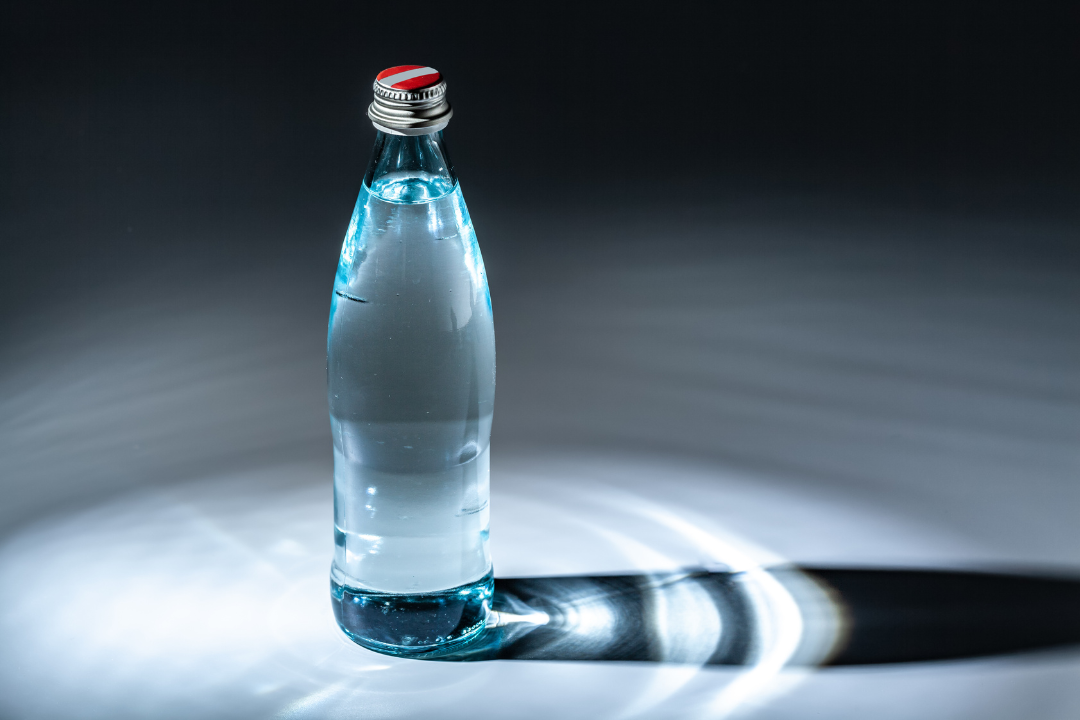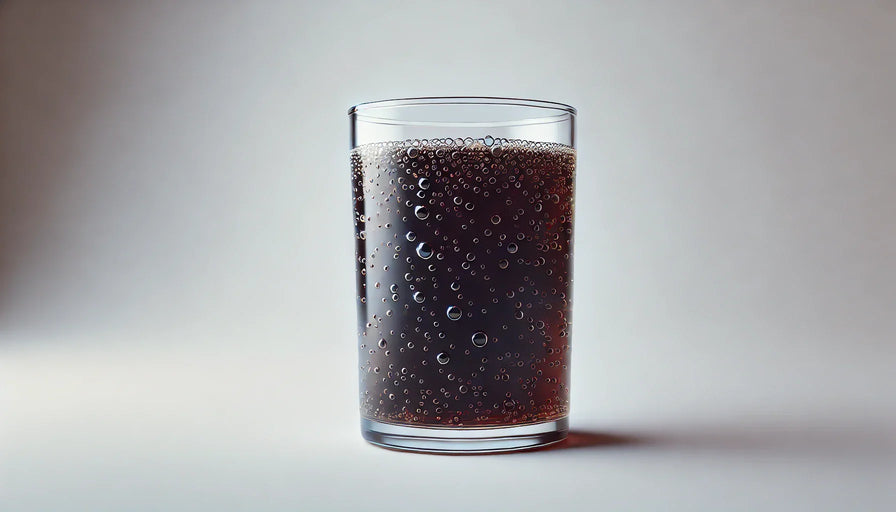
Where Does Mineral Water Come From?

Where does mineral water come from?
Mineral water comes from natural springs or wells that are sourced from underground aquifers.As the water travels through layers of rock and soil, it absorbs various minerals which contribute to its unique flavor and health benefits.
Mineral water is a refreshing beverage that not only quenches thirst but also offers a variety of health benefits. With its origins rooted in nature, this water is prized for its distinct mineral content and taste.
Unlike sparkling water, which can be traced back to the discovery in 1767 by Joseph Priestly, the history of mineral water dates back centuries.
Understanding where it comes from and the processes it undergoes enhances our appreciation for this natural resource, making it a popular choice among health-conscious consumers.
Let's learn more about where mineral water comes from!
Table of contents
When was mineral water first discovered?
The earliest documented use of mineral water dates to around 3000 BC in the region of Mesopotamia, where people would visit spring waters believed to have healing properties.
The Romans further popularized mineral springs, establishing baths and spas around natural sources across Europe during the first century AD. Notably, the town of Bath in England was developed around its hot springs and has remained a prominent site for spa treatments.
In terms of modern recognition, the first commercial bottling of mineral water occurred in the mid-18th century.
In 1767, a Hungarian doctor named Árpád János discovered the beneficial properties of mineral water from the world's oldest source, the Hévíz Lake. This led to established bottling operations as demand increased.

Types of mineral water
- Natural mineral water
- Carbonated mineral water
- Alkaline mineral water
Mineral waters can be classified into several types based on their mineral composition and the methods of carbonation. Here are the primary categories:
Natural mineral water
This type of water comes directly from spring sources and contains various minerals dissolved naturally. It is bottled at the source without treatment, ensuring that its mineral content remains intact and beneficial.
Typically, natural mineral water is not bubbly and is enjoyed flat.
Carbonated mineral water
This type contains bubbles, either naturally occurring or added during the bottling process through forced carbon dioxide. Natural mineral water compared to carbonated mineral water only differ in their fizzy makeup. Both beverages contain natural minerals and the same nutritional value.
Alkaline mineral water
Alkaline water, with its elevated pH level, is reputed for potential health advantages, such as neutralizing bodily acidity. Typically sourced from natural minerals, it is rich in essential nutrients like calcium, magnesium, and potassium.
Flavored Mineral Water
This is mineral water that has been infused with natural or artificial flavors. While it retains the mineral content, the added flavoring can enhance the taste and appeal to consumers who may prefer less traditional-tasting water.
Popular flavored mineral water brands are Perrier and San Pellegrino, offering a variety of flavors like lemon, lime, and peach.
Related read: The Origin of Tonic Water
Common FAQs about mineral water
Can mineral water help with hydration?
Absolutely! Mineral water can be just as hydrating as regular water and provides additional minerals that can be beneficial for your health.
Does mineral water have calories?
Natural mineral water is calorie-free, making it an ideal choice for hydration without added sugars or calories. However, certain brands may include artificial flavoring, which can slightly increase the sugar and calorie content of the mineral water.
Are there any health benefits to drinking mineral water?
Mineral water can provide essential minerals such as calcium, magnesium, and potassium, which are crucial for various bodily functions. Some studies suggest that these minerals might support bone health, muscle function, and overall hydration.
Where does Topo Chico mineral water come from?
Topo Chico mineral water originates from a spring located in Cerro del Portezuelo, near Monterrey, Mexico. The unique geological formation in the region contributes to the mineral composition, providing essential elements such as calcium, magnesium, and bicarbonate, which enhance its flavor and health benefits.
Following its discovery in the 19th century, Topo Chico has become a celebrated beverage not only in Mexico but also in various parts of the United States and beyond.
Related read: When Was Cub Soda Invented?
Where does Perrier mineral water come from?
Perrier mineral water originates from the Vergèze spring in France's Gard region. Known since the 19th century for its naturally carbonated water, the spring taps into a deep aquifer where minerals enrich the water from surrounding rocks.
The bottling process preserves this natural carbonation, ensuring the water maintains its effervescence and beneficial minerals, making it a favorite among consumers globally.
Can you make your own mineral water at home?
While you can add minerals to regular filtered or tap water, producing true mineral water at home is not possible as it requires access to natural spring sources. Additionally, the carbonation process used in commercial bottling cannot be replicated at home, but using an at-home soda maker is a close second in recreating those bubbles.

Summary
For centuries, mineral water has been cherished and is increasingly popular among those seeking healthier drink options. Its natural mineral composition offers a refreshing and hydrating experience, potentially benefiting overall health.
With a wide array of types and brands available, there's mineral water to suit every taste and need. Explore different options to discover your favorite!
Recommended reading

How to Give Back During Thanksgiving 2025
Key takeaways Thanksgiving is a time to express gratitude and share with those in need. From volunteering at local shelters to donating food and essentials, there are numerous ways to give back to...

What Does Carbonation Do to Your Body?
What does carbonation do to your body? Carbonation alone typically has minimal effects; however, it can cause bloating and discomfort for some, and it may worsen acid reflux due to carbon dioxide ...

What Are the Health Benefits of Sparkling Water?
Summary Sparkling water isn't just a refreshing drink—it comes with surprising health benefits too. From aiding digestion to improving hydration, discover how sparkling water can be a healthy addi...
